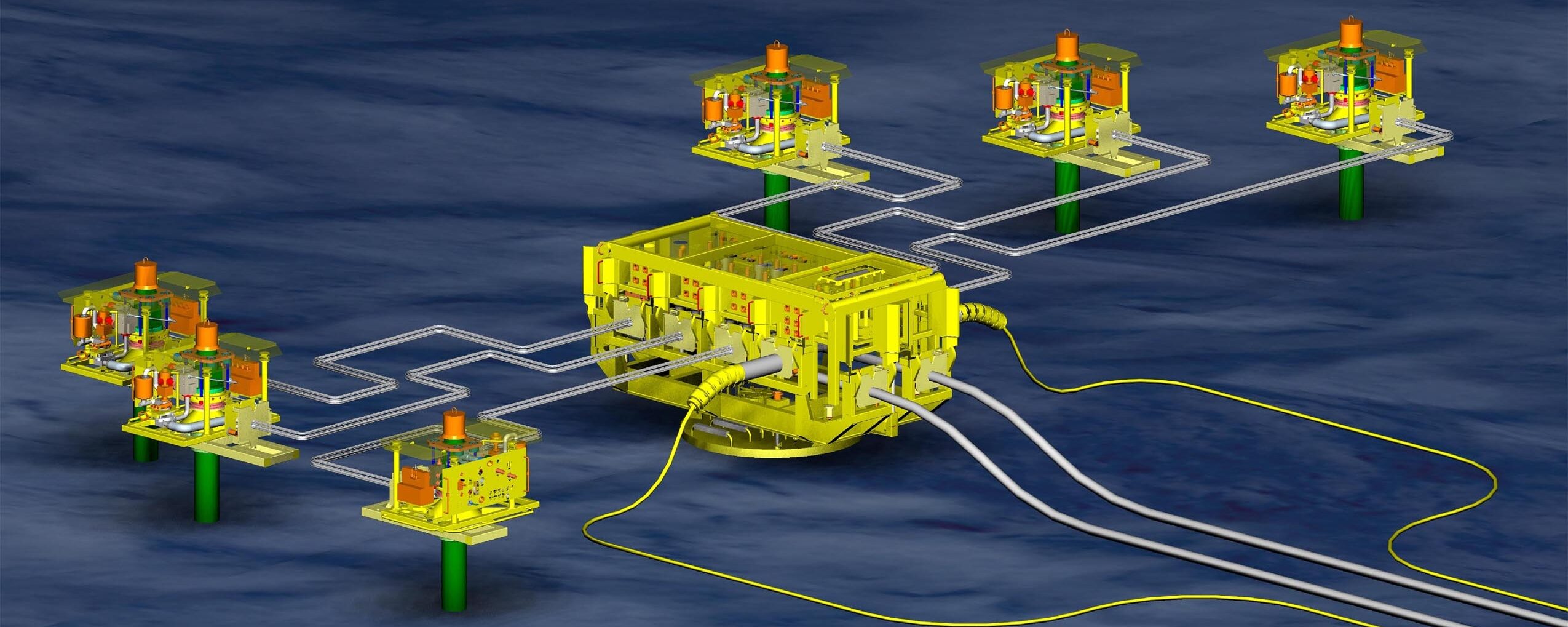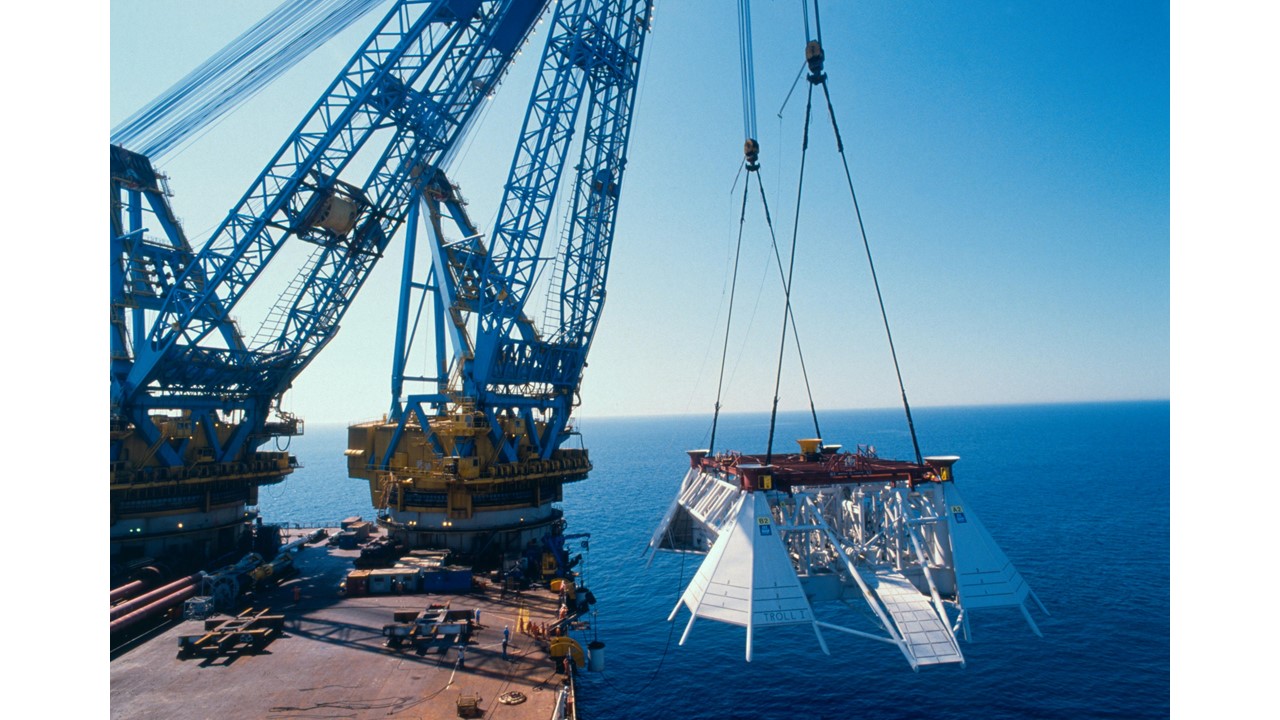It is not easy to be a commentator in a time of war if your chosen subject is not normally world politics. Sure it would be a doddle to write about oil – or maybe more relevantly gas – prices at the moment or maybe about more aggressive moves in pushing towards a greater use of renewables in order to wean the world off the use of toxic Russian energy products.
Alternatively, one might choose to comment on the how little the world knew about the Ukraine’s place in the world food supply chain. Did many Egyptians, for example, know that the wheat for their flat breads came from the Ukraine or did the fish and chip shop owners in Whitby, St Ives or Liverpool know that the sunflower oil for their deep fryers is also supplied by this key cog of the former Soviet Union’s economic machine. So many issues, so few words of comfort for a world in turmoil.
With all of this going on amidst a world trying to transition away from using hydrocarbons, it is unhappily thrilling to hear about technically challenging projects, albeit ones that will to be seen as part of this ‘out of Russia’ plan. Assuredly ‘Vlad the Impaler’ Putin did not quite calculate how united the world would be against this act of naked aggression and now aiming to find real alternatives to natural gas from the Russian bear.
So what is on the agenda? It had to be pipelines – and very long ones – to carry gas from remote locations to distant markets where there are big population centres, eg Europe or India.
The proposed Nigeria-to-Morocco gas pipeline (NMGP) has been bubbling away for nearly six years now, but it is now seen as more pressing in the context of current world affairs. This scheme was originally meant to bring gas to the Moroccan market via a 5,600km onshore/cross-desert pipeline, but there were security concerns about such a line which could be vulnerable to attack bu Islamic militants and other rebel groups at various points. The plan is now firmly for a 7,000km offshore line to hug the African coast from Nigeria around to Morocco and then across the Mediterranean into Spain and onwards to Europe. It is difficult, though, to see how this project can have much impact in the short to medium term on the world gas supply market even if approved soon. The original onshore line was not expected to be in operation until 2046. This new line will likely be available sooner, but by the time it is operational, many European countries will have firmly transitioned away from hydrocarbons.
There will likely still be demand for natural gas, possibly among the 13 countries through which the pipeline will pass enroute to the Moroccan coast,. Strangely enough, one of the main beneficiaries of this scheme could be the environment. The Nigerian offshore sector has for some time been one of the big ‘hot spots’ for greenhouse gas production due to flaring. With the West African Gas Pipeline already in operation and this project on the cards, a major reduction in such pollution should be achieved.
Worley group companies are handling the phase two FEED work on this pipeline. INTECSea will handle the offshore portion out of The Hague, while the various onshore work will be done out of London with support from offices in Africa and India.
Further to the east, one of the most ambitious pipelines ever proposed, formerly known as the Oman to India line, appears to be in the mix again. This line would be only 2,000km, a titch compared with NMGP, but has to cross several major seabed faults and would run in waters of more than 3,400m.
Of course, there are already other proposed gas pipeline systems, such as the East Mediterranean line which would gather gas from Israel, Cyprus and possibly Egypt and transport it to Europe, while the TAP system which links Caspian Sea gas through Greece to Italy came into operation in the last month. Finding alternatives to gas from Russia, now seen as a rogue state, will be difficult, but not impossible.
The big questions that remain are whether Putin will survive this military miscalculation and if he goes, can Europe ever trust another Russian government not to weaponise its gas sales again.




